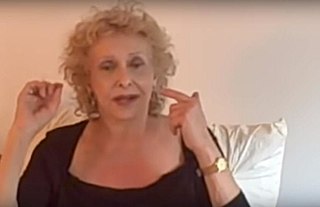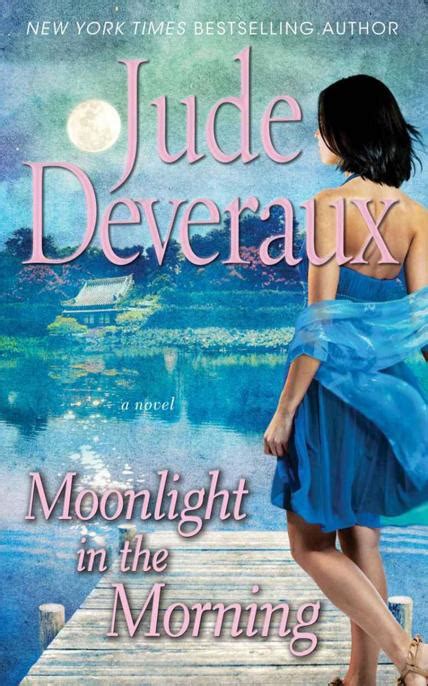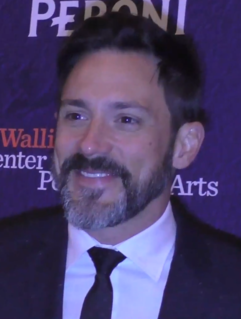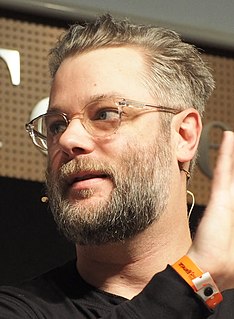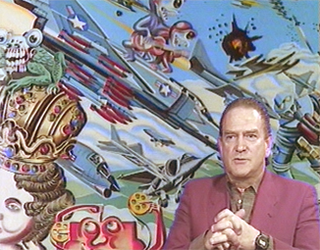A Quote by Michael Cunningham
Virginia Woolf came along in the early part of the century and essentially said through her writing, yes, big books can be written about the traditional big subjects. There is war. There is the search for God. These are all very important things.
Related Quotes
The notion of the writer as a kind of sociological sample of a community is ludicrous. Even worse is the notion that writers should provide an example of how to live. Virginia Woolf ended her life by putting a rock in her sweater one day and walking into a lake. She is not a model of how I want to live my life. On the other hand, the bravery of her syntax, of her sentences, written during her deepest depression, is a kind of example for me. But I do not want to become Virginia Woolf. That is not why I read her.
My teachers always said, "You're very talented, but don't set your heart on art. You're only a girl." I was inspired by Virginia Woolf in 1960, but they wouldn't let me write about her. They said she was a trivializer. I also wanted to do a paper on Simone de Beauvoir, and my philosophy teacher said, "Why would you write about the mistress? Write about the master." That was Sartre.
Virginia Woolf thought a lot about her own sex when she wrote. In the best sense of the word, her writing is very feminine, and by that I mean that women are supposed to be very sensitive to all the sensations of nature, much more so than men, much more contemplative. It's this quality that marks her best works.
When he first started - Jim Henson, who created Bid Bird and Oscar - he said Big Bird was just a big, goofy guy. And it was - a script came along and I said, 'I think Big Bird would be much more useful to the show if he were a child learning all the things we were teaching in the show.' And so he didn't know the alphabet, even, for instance.
And I could see - this franchise is very successful for Sony and I think it's awesome. I was big part of making that a success for them and I think it's great that they should continue doing it, but I don't want to make 'God of War IV' and 'God of War V' and 'God of War: The Expansion Pack' and 'God of War: The Role-Playing Kart Racing Game.'
The collages I never wanted to sell. I thought it was a very private thing, so I kept the collages. Then, in the end, I had a big collage in the Pinault Collection in Venice and the director of the [Centre] Pompidou said, "Did you make big collages like this in the '60s?" I said yes, so he came to the studio and said, "Let's make an exhibition in the Pompidou."
I learned to write from reading. I had no writing classes. It's part of my thinking as the writer-author, reading, but then I also want to bring this into my characters, who also read and think. There's that great quote from Virginia Woolf - it's very simple: "...books continue each other." I think when you're a writer, you're also, hopefully, a reader, and you're bringing those earlier works into your work.
I was wrapping up my stint on 'Daredevil' co-writing with Andy Diggle during the Shadowland story, when Marvel asked if I was interested in doing something else with DD but a bit different. When they explained the purpose of the 'Season One' books, I was intrigued - I'm a big advocate of books for people new to the medium - and said yes.
In the nineteenth century, in part because a ton of American men moved west, in part because of the Civil War, and in part because of trepidation about marriage, which was then a very confining institution, there was a big population of women - mostly middle-class white women on the East Coast - who didn't marry.
Think of Virginia Woolf, 'A Room of One's Own' - that's what women have always needed under patriarchy and can't be creative without. They took away my classroom and my status to teach, and now they have taken away my office, and all of it is giving the message that Virginia Woolf and I are losing what I call 'womenspace.'


